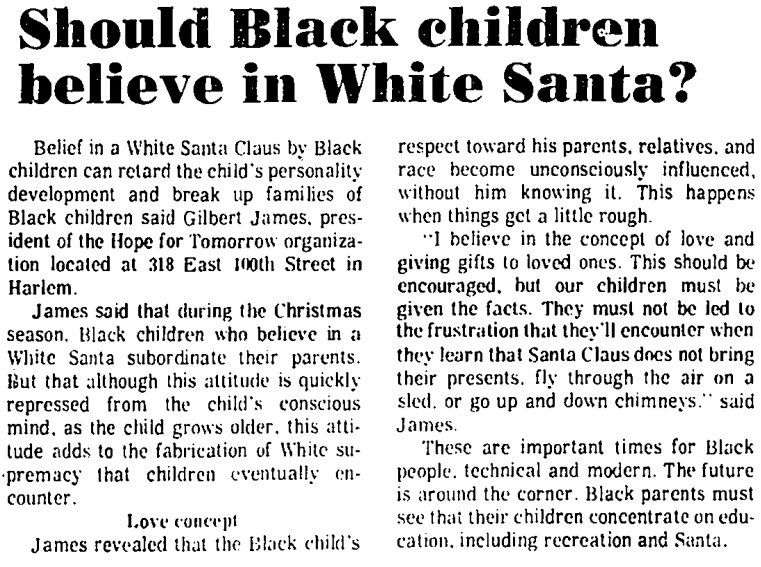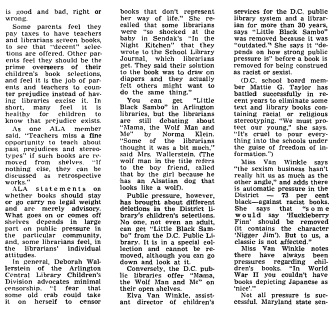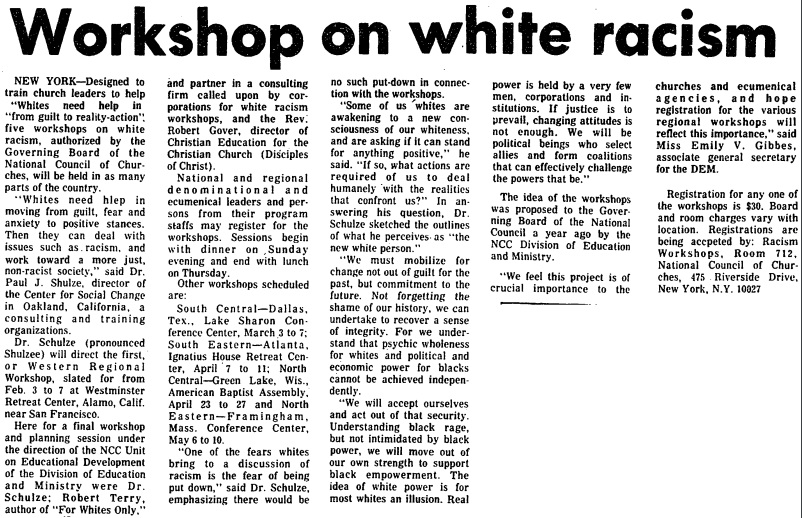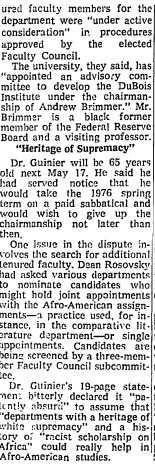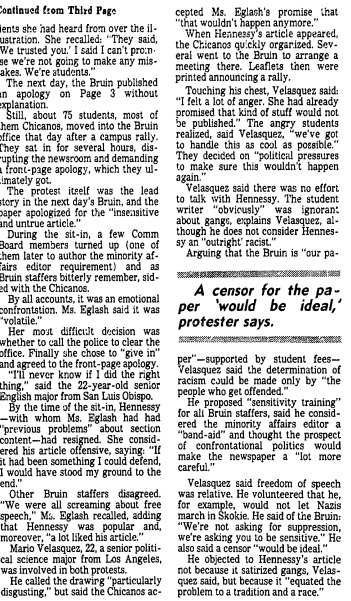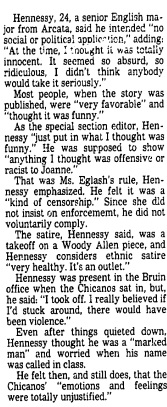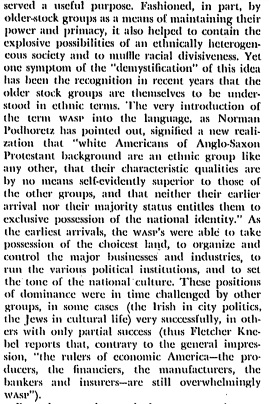So, this is going to be a long thread of material that I won& #39;t comment on very specifically, but that I think might offer useful historical context for some of our current cultural debates.
I should say that I didn’t really go about looking for any of this in a rigorous way. Just some cursory searches at idle moments. I’d be interested in hearing from historians of late 20th century cultural politics about it all.
Anyway. The Wall Street Journal, May 1958. A piece from one William Henry Chamberlin. This uses the phrase “reactionary liberals” in a way exactly opposite from the way I& #39;ve used it. Oh well. It’s, in large part, an indictment of progressive censorship, specifically in literature
Chamberlin: “[L]iberals are committed not to the open mind and free inquiry and discussion, but to a set of dogmas and cliches … And they show little of the liberal tradition of tolerance for those who challenge their dogmas and expose their cliches.” Again, 1958.
Chicago Daily Tribune, May 1958. “Negro Prof Fired; Backed Segregation.” A student boycott against a pro-segregation professor nearly closes a black college in 1957. He’s fired. His statement: “I stand for academic freedom. I stand for freedom of speech.”
The Wall Street Journal, June 1964. “Jobs & Controversy: Dismissal of Employees For Outside Community Activities Stirs Debate” People being fired or quitting their jobs over their political views.
Unsurprisingly for the era, most of the cases described here are liberals, although there’s an anti-Communist who was fired from an ad agency in 1962 also mentioned.
“Almost all agree that an employee is liable for dismissal if he lets his outside interests interfere with his work. But it’s clear that in many companies, there’s a vast grey area of vaguely specified outside activities which could lead to an employee’s dismissal.”
The piece also notes that General Electric contracts at the time evidently stipulated that employees had the right to speak out on controversial issues.
New York Times, Nov 1967. “The White Press Distorts Race News.” Op-ed from the psychiatrist Alvin Poussaint on “unconscious, latent racism” in media recommends “therapeutic” training for white journalists “before they are permitted to objectively report news about black people.’”
The New York Amsterdam News, March 1968. “Remedial Programs for White People” by civil rights activist Whitney Young. A response to the Kerner report that argues the “mass psychosis” of white racism requires “programs to help white people overcome their prejudice and insecurity.”
Los Angeles Times, April 1968. Psychologist Tommy Tomlinson of the Office of Economic Opportunity, a Great Society agency, argues government should be “educating the mass of white Americans about the meaning of racism.” Says Americans should test their racism by televised exam.
Chicago Tribune, April 1968. “700 Marchers ‘Confess’ to White Racism” This is described as a “Good Friday” procession through Chicago’s west suburbs led by a Lutheran reverend. The article says too that another march of 400 paraded through Evanston and that two more are planned.
The New York Times, April 1968. “400 Whites Hold March To ‘Confess’ Racism. Evidently about the Evanston march just mentioned. “We are simply confessing our white racism,” the reverend says. It is reported that the marchers stop to sing eight times.
Philadelphia Tribune, April 1968. “‘White Racism’ — Can It Be Cured?” It’s reported that Rev. David Gracie, an activist, tells attendees of a local open forum to “read books about white persons against racism” for inspiration and argues for black community control of the police
New York Times, May 1968. “Signs Back Drive on White Racism: 1,200 Sold at $1 Each in Minneapolis and St. Paul.” Evidently the idea of one Rolland Robinson, a white preacher “influenced by the writing of Marshall McLuhan and Dr. Reinhold Niebur” who intends to “exorcise” racism.
New York Amsterdam News, August 1968. “Dolittle’s Creator Called White Racist.” NYC librarian argues that Dr. Dolittle, then evidently topping the children’s best-seller list, was “in essence, the personification of the Great White Father nobly bearing the white man’s burden.”
The Public Interest, Fall 1968. An essay by the political scientist Nathan Tarcov on student politics and unrest at Cornell includes the controversy surrounding economist Michael McPhelin, who makes remarks black students argue evince “institutionalized, or covert racism.”
Tarcov, 1968: Values derided by activists as white, Western, or middle-class constitute the entirety of our “cultural heritage, replete as it is with … justifications of those values, though it regards them as universally true rather than white, Western, or middle-class.”
Wall Street Journal, Sep 1968. Editorial. “It is very much to be doubted, in the first place, that the majority of Negroes waste time brooding about so-called white racism … any implication that things have scarcely improved over the past couple of decades is open to question.”
New York Times, Oct 1968. American Jewish Committee& #39;s Nathan Perlmutter on the phrase “white racism.” “To the extent that it lends itself to viewing the white man as an abstraction, essentially malevolent, and so defined by his pigmentation, it is itself dangerous racism.”
Philadelphia Tribune, Oct 1968. “School Experiment Tries to "De-Brainwash" Whites: Only 1 Out of 5 Students Cleansed of Racist Stain.” An experimental summer course at a Philadelphia high school attempts to “liberate” the mindsets of 55 mostly white students.
Commentary, Jan 1969. “Is White Racism the Problem?” “The idea,” Murray Friedman writes, “that [the Negro] faces a monolithic white world uniformly intent for racist reasons on denying him his full rights as a man is not only naive but damaging…”
New York Times, April 1969. Editorial on the occupation of University Hall at Harvard by students demanding an end to ROTC. “Several hundred lawless students at Harvard have accomplished what the virulently illiberal forces of the late Senator Joseph McCarthy failed to achieve.”
Baltimore Sun, July 1969. “& #39;Sensitivity Sessions& #39; Teach State Employees Of Racism.” 120 state workers are enlisted in a program aimed at unpacking “the cancer of white racism and how it affects every one of us.” They often conclude with “explosive venting” and “crying sessions.”
New York Times, March 1970. Review of the book White Racism: A Psychohistory by Joel Kovel, a finalist for the National Book Award in 1972. “[Kovel] believes that the black man’s plight is a function of a racism which … is built into the very character of Western civilization.”
Los Angeles Times, April 1970. One William Banowsky on Marcuse, the left. “Extremists of the Right and Left seem now engaged in a mad race of intolerance. Some black extremists repeat the identical sins of the Ku Klux Klan; the SDS becomes as totalitarian as the evil it opposes."
New York Amsterdam News, Jan 1973. “Should Black children believe in White Santa?” An activist argues that a belief in white Santa Claus undermines the black family and “adds to the fabrication of white supremacy that children eventually encounter.”
The Washington Post, Feb 1973. “Who’s Afraid of the Big Bad Books?” A piece on recent censorship controversies in children’s literature.
Atlanta Daily World, April 1973. “Noted Psychiatrist Unveils New Theory On & #39;White Racism& #39;” A psychiatrist argues on PBS that “the state of color” is the human norm and that whiteness is a genetic deficiency signaled by the absence of melanin.
Chicago Defender, Jan 1974. “Workshop on white racism.” Sessions for church leaders on combating racism organized by the National Council of Churches and racism consultants are held across the country. “Some of us whites are awakening to a new consciousness of our whiteness.”
New York Times, March 1975. “Black Studies Feud Erupts at Harvard.” Prof. Ewart Guinier, chair of Harvard’s African-American studies department argues that the department is being undermined by “the high priests of white supremacy” at the university.
The Baltimore Sun, April 1977. “Illiberalism of Liberals.” A piece condemning opposition to Henry Kissinger’s appointment to a post at Columbia. “At Columbia University protests and demonstrations are being held to preserve young minds from the “immoral” Mr. Kissinger.”
Los Angeles Times, June 1979. “UCLA & #39;Racism& #39; Furore Lingers: Consequences for Free Campus Press Unclear.” Controversy at The Daily Bruin. Chicano student suggests sensitivity training & a censor for the paper. “We’re not asking for suppression, we’re asking you to be sensitive.”
I’ll stop here. Again, this is a fairly arbitrary selection of material dredged up out of boredom. I don’t think there’s a hard point I’m trying to make, but I do have a few disorganized thoughts mostly about race, although the above aren’t exclusively about race.
A lot of our debates seem unmoored from history. Not long ago, I would have said that this annoyed me. I might have joked about it. At this point, I think I’m actively disturbed by it.
This complaint extends beyond politics. I’ve seen a number of critics & culture writers say they’re tired of reading old arguments framed as new insights, that they’re tired of hearing familiar ideas — about a work, an artist — presented as breakthroughs in a discourse.
“Historical illiteracy” would be a good phrase for this if it weren’t for the fact that events, arguments, and ideas at the center of discourses 15, 10, or even 5 years ago seem to pass out of memory as readily and totally as the stuff of the last century.
I don’t know why this is. In fact, I don’t know that it is true. Just a feeling; maybe others disagree. A less controversial claim: having easy access to the sum total of human knowledge at our fingertips has not made our debates more intelligent, interesting, or productive.
Should say that as far as our current culture war discourse is concerned, there’s already an awareness among intelligent and honest people that we’ve seen at least one major wave of “political correctness” well within living memory that triggered the same anxieties we see today.
That’s not to say that certain things aren’t worth thinking about or taking seriously just because they happened before. But I think the thread above should clarify a few things.
First, arguments that what we’re seeing in progressive identity politics now is the special and novel product of a new post-modern, post-structuralist, post-colonial, neo-cultural Marxist, Foucauldian critical race Tumblr woke religion should not be taken seriously.
Second, arguments that what we’re seeing in progressive identity politics now will destroy American society should be viewed with a degree of skepticism given that progressive identity politics has not previously destroyed American society.
It should be said that the political valence of these debates has shifted considerably over the last half-century. Obviously, there was a very real backlash to the civil rights movement and the unrest and cultural politics of the 1960s.
We live in a different country now, but one in which at least half of our cultural commentators are given to making the very same arguments that were being made half a century before.
I think these cultural battles, in general, are always messy and difficult to narrativize or understand neatly, especially when they’re overshadowed by the kind of heroic politics that dominates our understanding of that era.
But underneath all of the formal political battles and civil rights activism we’re familiar with, people in the 1960s were, obviously, just as interested in the question of what values would prevail in their personal lives, at work, at universities, and in the culture.
Important questions, then and now: “Which ideas are actually representative of where this constituency is?” and “Even if this isn’t representative or seems crazy, what might I be able to say seriously about where this idea came from?”
Of course, you had even then people falling over themselves to find reasons they might argue — within mere moments, historically speaking, of the civil rights bills being passed — that the push for equality had already gone too far and that racism had largely been defeated.
These people will never want for examples of outre views or grifters at work to justify those arguments. Again, cultural politics are messy, chaotic. But people who want to think clearly about where we are and where we’re going should aim to be more judicious than they are.
Another thing: I wrote recently that critiques of progressive identity politics often seem aimed at protecting the concept of the atomized, market-ready individual. This comes through in a lot of the above material, although I didn’t excerpt some of those sections fully.
You see this acknowledged even in some critiques of identity politics like Murray Friedman’s essay for Commentary, in which he writes that the idea of a nation composed of free individuals is a useful myth that tempers factionalism.
I happen to think demystification is a good thing, and that we should keep underlying material inequities and the distribution of power in American society at the front of mind when we parse cultural conflict.
Anyway, I suppose one of the ideas motivating this thread is that threads like this are a waste of time. The culture wars don’t really seem winnable. We make progress and return to different iterations of the same initial questions.
I don’t think that’s really a rule about how discourse works, but I think that American society in general is having trouble outrunning the long arm of the 20th century.
I think I’ve rambled enough.

 Read on Twitter
Read on Twitter
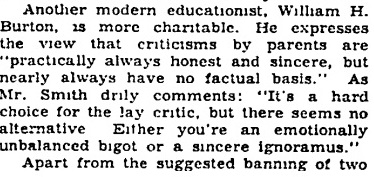
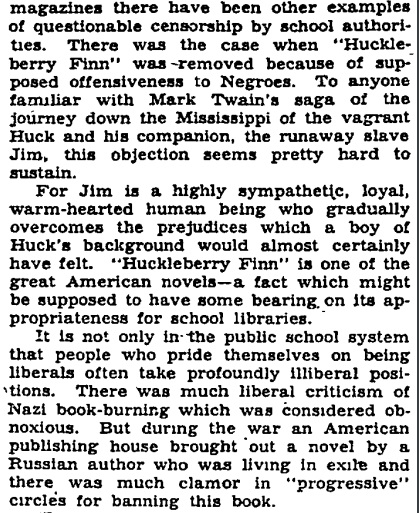
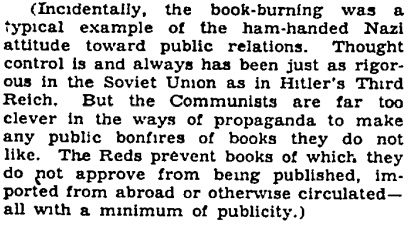
![Chamberlin: “[L]iberals are committed not to the open mind and free inquiry and discussion, but to a set of dogmas and cliches … And they show little of the liberal tradition of tolerance for those who challenge their dogmas and expose their cliches.” Again, 1958. Chamberlin: “[L]iberals are committed not to the open mind and free inquiry and discussion, but to a set of dogmas and cliches … And they show little of the liberal tradition of tolerance for those who challenge their dogmas and expose their cliches.” Again, 1958.](https://pbs.twimg.com/media/EdiPRJnXsAoWZTE.jpg)
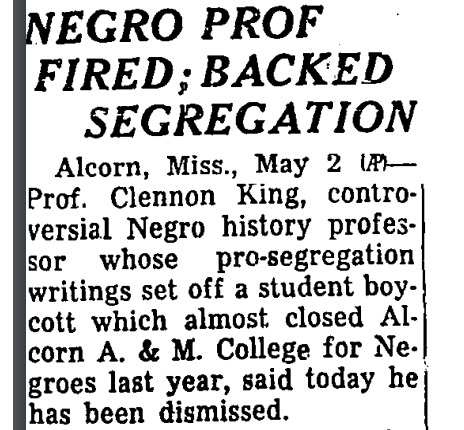
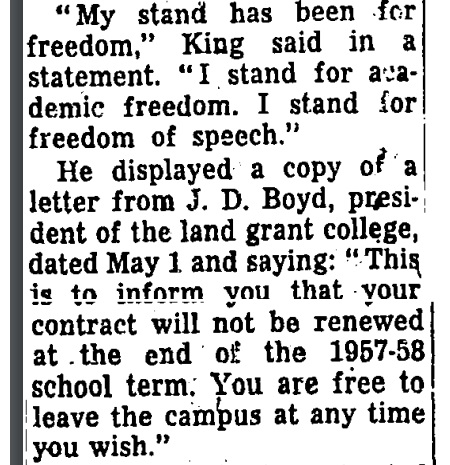

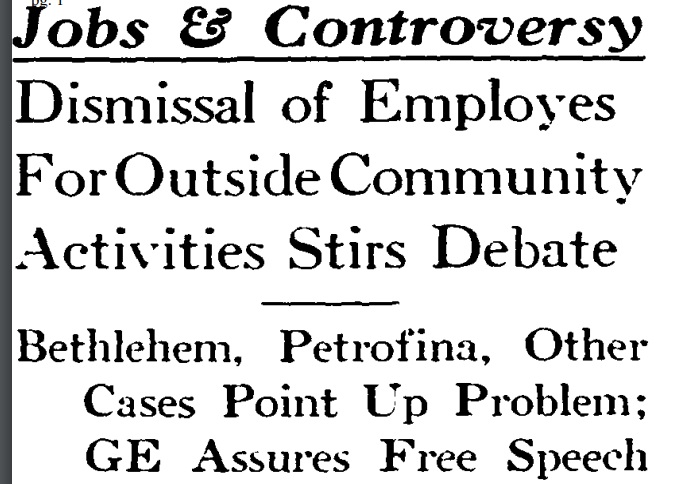

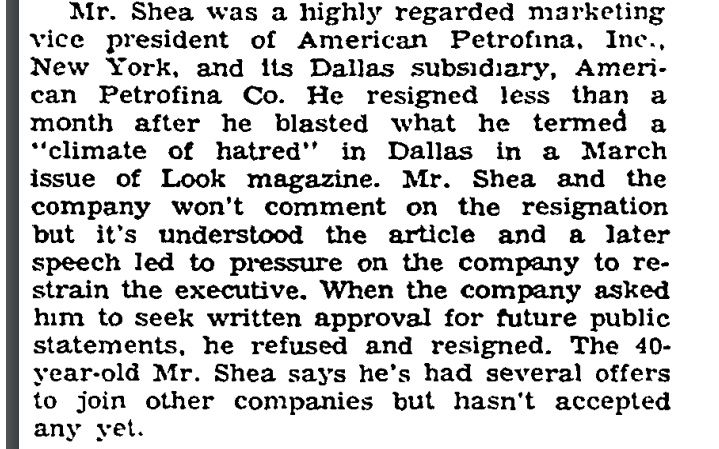

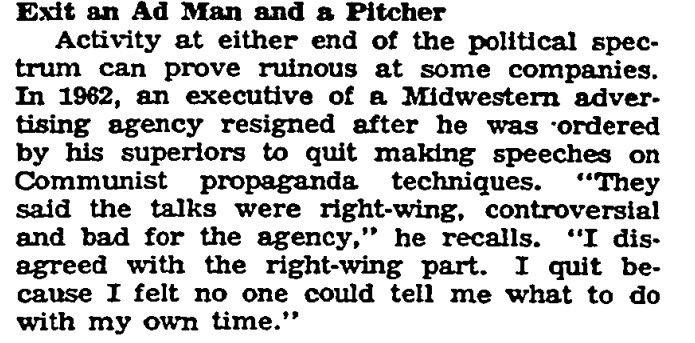
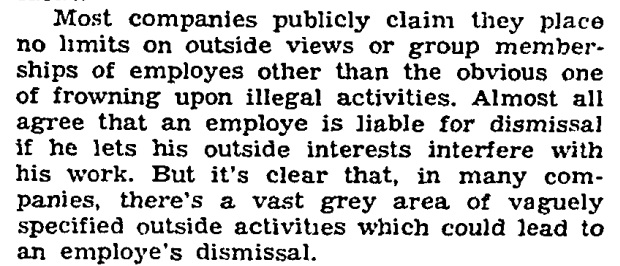
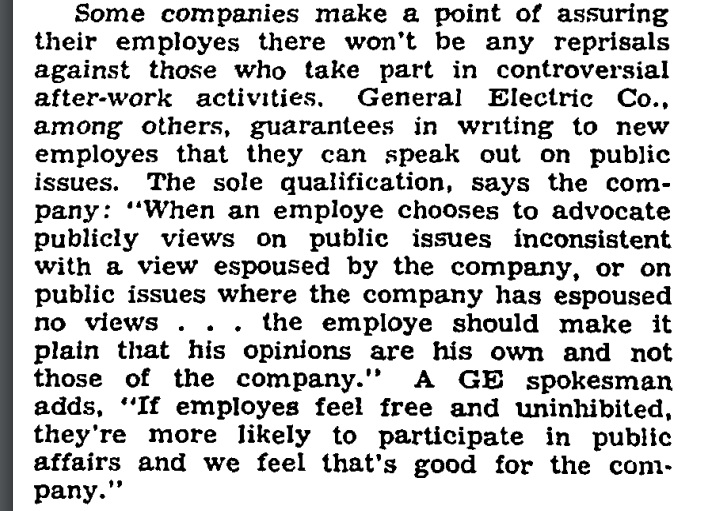

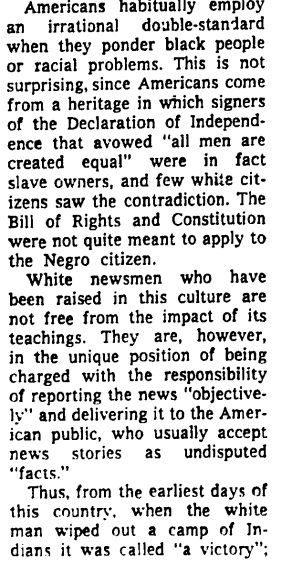
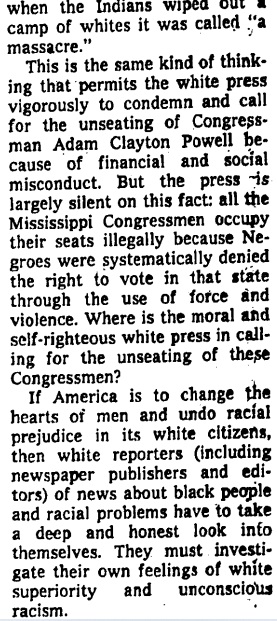
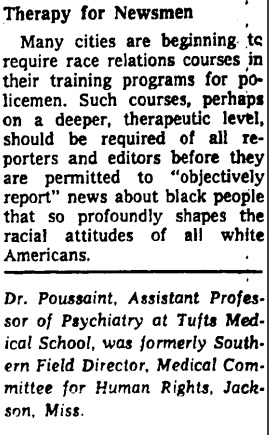

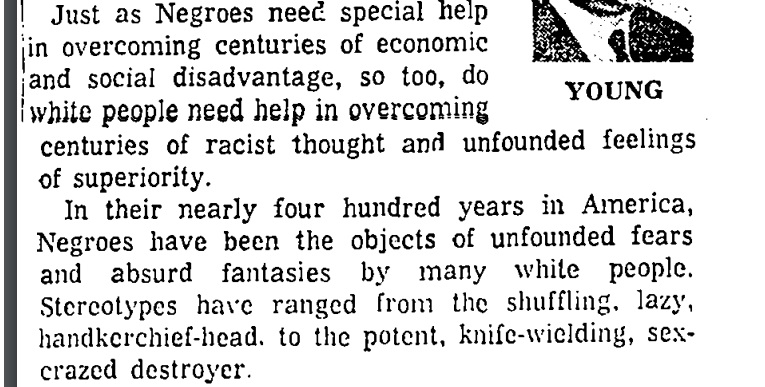



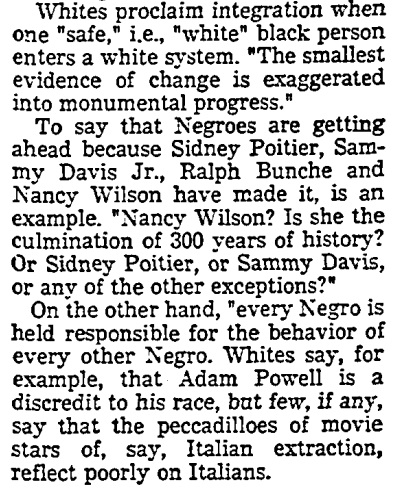
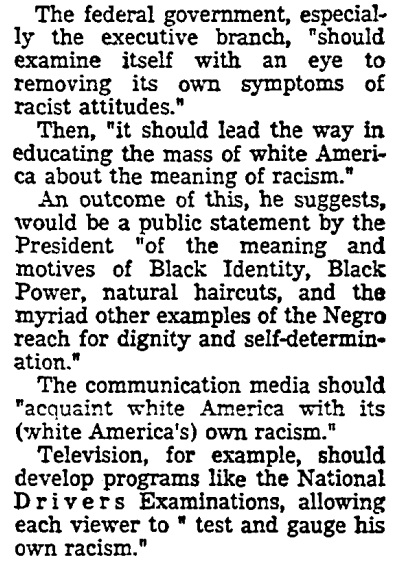

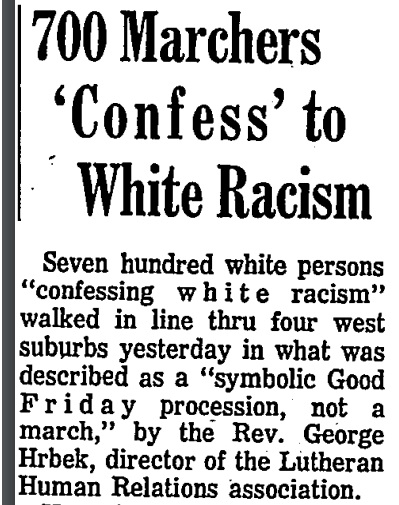

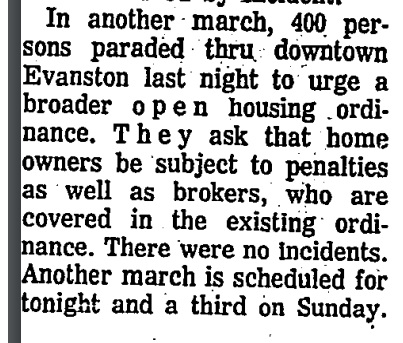
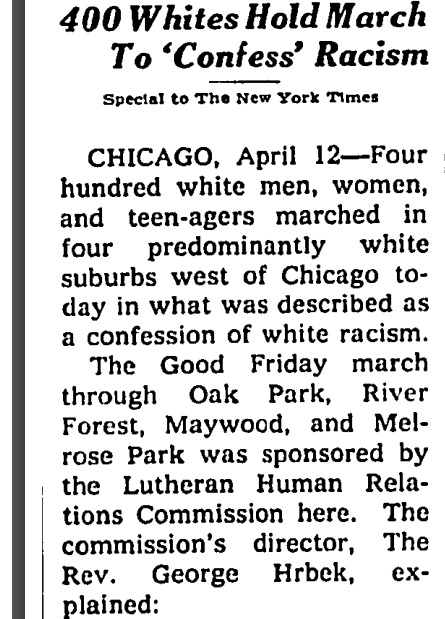


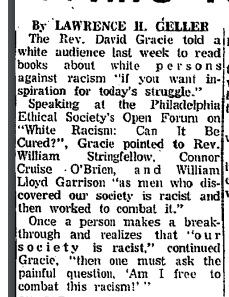
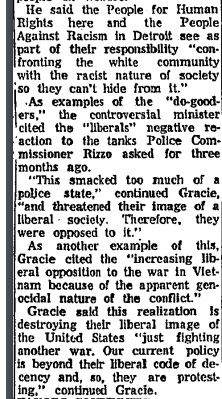
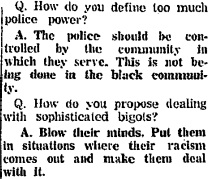
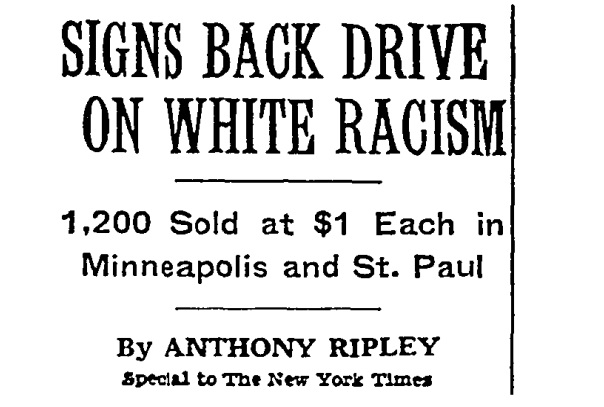
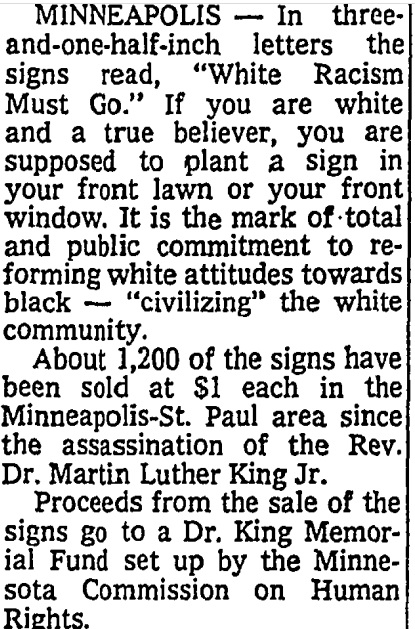







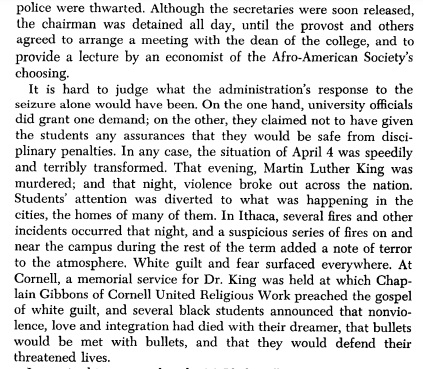



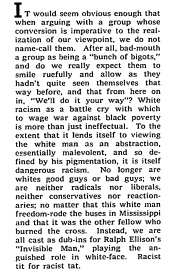

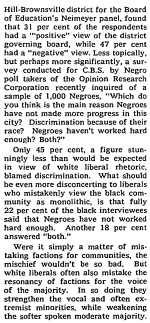





![Commentary, Jan 1969. “Is White Racism the Problem?” “The idea,” Murray Friedman writes, “that [the Negro] faces a monolithic white world uniformly intent for racist reasons on denying him his full rights as a man is not only naive but damaging…” Commentary, Jan 1969. “Is White Racism the Problem?” “The idea,” Murray Friedman writes, “that [the Negro] faces a monolithic white world uniformly intent for racist reasons on denying him his full rights as a man is not only naive but damaging…”](https://pbs.twimg.com/media/EdiTcqRXsAA5Lif.jpg)
![Commentary, Jan 1969. “Is White Racism the Problem?” “The idea,” Murray Friedman writes, “that [the Negro] faces a monolithic white world uniformly intent for racist reasons on denying him his full rights as a man is not only naive but damaging…” Commentary, Jan 1969. “Is White Racism the Problem?” “The idea,” Murray Friedman writes, “that [the Negro] faces a monolithic white world uniformly intent for racist reasons on denying him his full rights as a man is not only naive but damaging…”](https://pbs.twimg.com/media/EdiTcqQWsAcyqe1.jpg)
![Commentary, Jan 1969. “Is White Racism the Problem?” “The idea,” Murray Friedman writes, “that [the Negro] faces a monolithic white world uniformly intent for racist reasons on denying him his full rights as a man is not only naive but damaging…” Commentary, Jan 1969. “Is White Racism the Problem?” “The idea,” Murray Friedman writes, “that [the Negro] faces a monolithic white world uniformly intent for racist reasons on denying him his full rights as a man is not only naive but damaging…”](https://pbs.twimg.com/media/EdiTcqSWkAAB_vM.jpg)



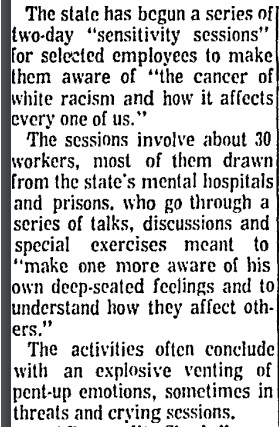

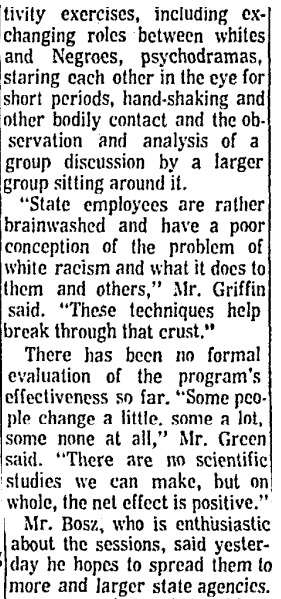
![New York Times, March 1970. Review of the book White Racism: A Psychohistory by Joel Kovel, a finalist for the National Book Award in 1972. “[Kovel] believes that the black man’s plight is a function of a racism which … is built into the very character of Western civilization.” New York Times, March 1970. Review of the book White Racism: A Psychohistory by Joel Kovel, a finalist for the National Book Award in 1972. “[Kovel] believes that the black man’s plight is a function of a racism which … is built into the very character of Western civilization.”](https://pbs.twimg.com/media/EdiUn1EWkAEbAK8.jpg)
![New York Times, March 1970. Review of the book White Racism: A Psychohistory by Joel Kovel, a finalist for the National Book Award in 1972. “[Kovel] believes that the black man’s plight is a function of a racism which … is built into the very character of Western civilization.” New York Times, March 1970. Review of the book White Racism: A Psychohistory by Joel Kovel, a finalist for the National Book Award in 1972. “[Kovel] believes that the black man’s plight is a function of a racism which … is built into the very character of Western civilization.”](https://pbs.twimg.com/media/EdiUn1HWAAQZNCq.jpg)
![New York Times, March 1970. Review of the book White Racism: A Psychohistory by Joel Kovel, a finalist for the National Book Award in 1972. “[Kovel] believes that the black man’s plight is a function of a racism which … is built into the very character of Western civilization.” New York Times, March 1970. Review of the book White Racism: A Psychohistory by Joel Kovel, a finalist for the National Book Award in 1972. “[Kovel] believes that the black man’s plight is a function of a racism which … is built into the very character of Western civilization.”](https://pbs.twimg.com/media/EdiUn1HWkAAA0_z.jpg)
![New York Times, March 1970. Review of the book White Racism: A Psychohistory by Joel Kovel, a finalist for the National Book Award in 1972. “[Kovel] believes that the black man’s plight is a function of a racism which … is built into the very character of Western civilization.” New York Times, March 1970. Review of the book White Racism: A Psychohistory by Joel Kovel, a finalist for the National Book Award in 1972. “[Kovel] believes that the black man’s plight is a function of a racism which … is built into the very character of Western civilization.”](https://pbs.twimg.com/media/EdiUn1GXgAAGVQS.jpg)




